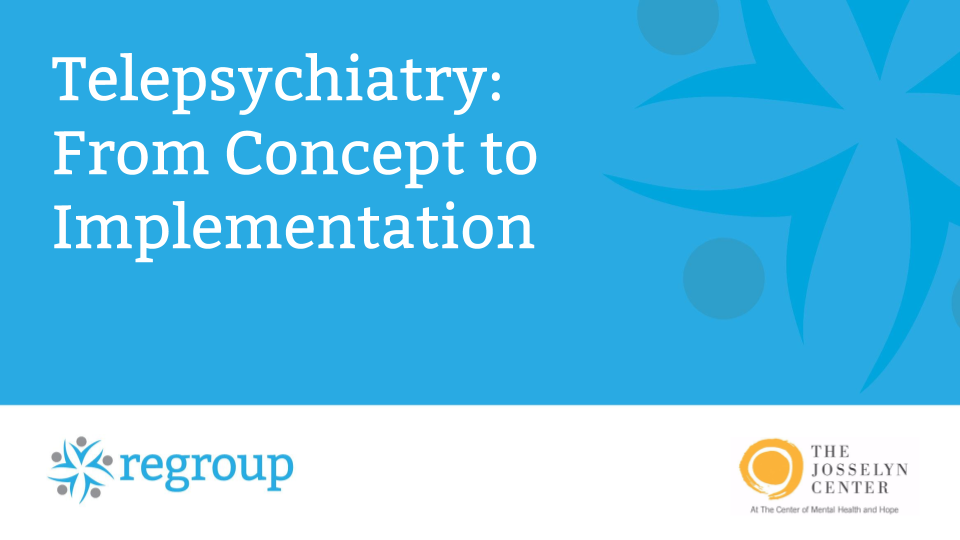Throughout his career, Dr. Jorel Martinez has combined both his medical and cultural expertise to serve the Spanish-speaking community’s health needs. He spent time before medical school breaking down language barriers as an interpreter for the National Institutes of Health, and his bilingual abilities helped him provide the most effective care as a psychiatry resident at the University of Chicago.
Today, Martinez works as a telepsychiatrist with Regroup, serving patients at two clinics focused on providing behavioral health services to lower-income communities, Oak Street Health and Community Counseling Centers of Chicago (C4). Forty percent of the patients Martinez sees are Spanish speakers, and this bilingual and bicultural psychiatrist is just the doctor they want – and need – to see on the screen.
.png?width=170&height=100&name=Array_rgb%20(1).png)






